There are several significant heritage sites in British Columbia, the province that was host to the 2010 Olympic Winter Games. Two of these sites are Telegraph Cove and Kilby's Farm and General Store Museum. On a visit to these unique places, you will also be traveling through, and enjoying much of the beauty of our province.
Telegraph Cove, established in 1911, is a quaint boardwalk community north of Campbell River on Vancouver Island. A thriving town, Telegraph Cove was originally a telegraph station. In the 1920's the town grew to include a salmon saltery and a busy sawmill. As times changed with the coming of the Depression, lumber sales became the primary business.
During the 1940's, the population of the small town grew requiring the need for bunkhouses, a community hall, a caretaker, a doctor, a post office and a school as well as family residences.
Today Telegraph Cove is still active with the arrival of fishermen, whale watchers, kayakers and those like ourselves who travel the excellent road. The scenery is inspiring as the highway slices through the surrounding mountains and towering trees.
Many of the buildings on the boardwalk are original offering visitors a glimpse into the fascinating history of the town. Walking past each building one can imagine old time music playing in the community hall and laughing voices floating over the water; men's voices drifting from the bunkhouse as they relax after a hard day of work, and children running along the boardwalk on a sunny day. A 1930's Dodge truck, its cab rusted, sits on the site, forgotten by a long ago owner, a further reminder to visitors of the past.
Looking down into the sheltered bay, our thoughts returned to the present with the sight of the new marina and boat slips. Climbing the hill above the small town the view is spectacular with open waters and passing ships.
Another heritage site is the Kilby General Store and Farm located not far from Harrison Hot Springs. The Kilby General Store, opened on August 14, 1906 by Thomas and Eliza Kilby, was built on pilings and linked to the railway station by a ramp. The store, post office and farm were operated by them until Thomas's death in 1928. Their son Acton and his wife Jessie operated the business until 1977.
The store and post office was the centre of the community where people shopped, picked up their mail, socialized and heard the latest news. The rail lines, still visible from the front porch, are part of the Canadian Pacific Railway. In the early days steam wheelers linked Harrison Mills with docks downstream at Mission and New Westminster.
The post office also doubled as an office for both Thomas Kilby in his role as Justic of the Peace and by Acton in his role as Notary Public over the years.
The Kilby family lived in the back of the General Store with the upstairs area being opened as a hotel in 1908. It was named the Manchester House after Eliza's home town of Manchester, England.
As a Museum, the Kilby Store displays approximately 3,000 artifacts consisting of products and packaging dating to the 1920's and 1930's. The post office and Manchester House Hotel are also on display. Upstairs in the hotel are period books and approximately 300 photographs. There are 15,000 historic pieces in total. During the fall juice and cider-making demonstrations are held at this site.
Five acres of the farm surrounding the General Store are still in operation. Calves, piglets, lambs, goats and rabbits are supplied by a local 4-H group. There is also a tree fort and old fashioned games for the children.
Surrounded by mountains, fields and cattle, there are four original buildings and six reconstructed ones, 60 pieces of 1920's farm machinery and a milk house. There is also a restaurant serving 1920's homestyle food. To further give a visitor the feeling of having stepped back in time, staff is dressed in period costumes.
On my several visits to this museum, I have been particularly interested in the numerous pictures of the family and of the area during those early years, much of it appearing to be unchanged.
Subscribe to:
Post Comments (Atom)























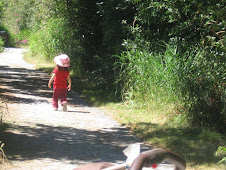


















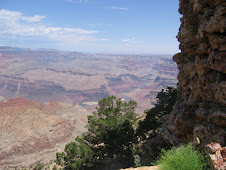
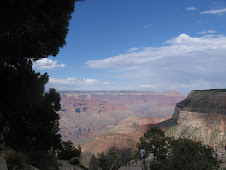
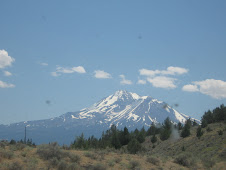




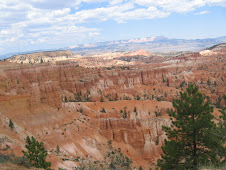




























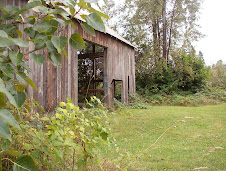






No comments:
Post a Comment